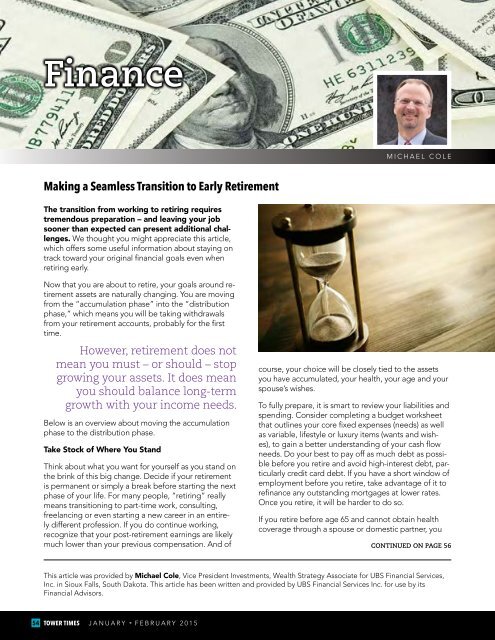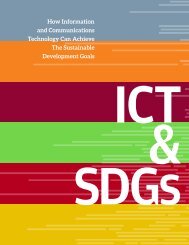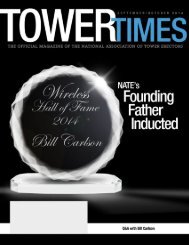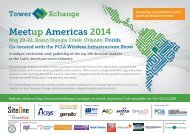Jan-Feb-2015-TT-for-Website
Jan-Feb-2015-TT-for-Website
Jan-Feb-2015-TT-for-Website
You also want an ePaper? Increase the reach of your titles
YUMPU automatically turns print PDFs into web optimized ePapers that Google loves.
Finance<br />
MICHAEL COLE<br />
Making a Seamless Transition to Early Retirement<br />
The transition from working to retiring requires<br />
tremendous preparation – and leaving your job<br />
sooner than expected can present additional challenges.<br />
We thought you might appreciate this article,<br />
which offers some useful in<strong>for</strong>mation about staying on<br />
track toward your original financial goals even when<br />
retiring early.<br />
Now that you are about to retire, your goals around retirement<br />
assets are naturally changing. You are moving<br />
from the “accumulation phase” into the “distribution<br />
phase,” which means you will be taking withdrawals<br />
from your retirement accounts, probably <strong>for</strong> the first<br />
time.<br />
However, retirement does not<br />
mean you must – or should – stop<br />
growing your assets. It does mean<br />
you should balance long-term<br />
growth with your income needs.<br />
Below is an overview about moving the accumulation<br />
phase to the distribution phase.<br />
Take Stock of Where You Stand<br />
Think about what you want <strong>for</strong> yourself as you stand on<br />
the brink of this big change. Decide if your retirement<br />
is permanent or simply a break be<strong>for</strong>e starting the next<br />
phase of your life. For many people, “retiring” really<br />
means transitioning to part-time work, consulting,<br />
freelancing or even starting a new career in an entirely<br />
different profession. If you do continue working,<br />
recognize that your post-retirement earnings are likely<br />
much lower than your previous compensation. And of<br />
course, your choice will be closely tied to the assets<br />
you have accumulated, your health, your age and your<br />
spouse’s wishes.<br />
To fully prepare, it is smart to review your liabilities and<br />
spending. Consider completing a budget worksheet<br />
that outlines your core fixed expenses (needs) as well<br />
as variable, lifestyle or luxury items (wants and wishes),<br />
to gain a better understanding of your cash flow<br />
needs. Do your best to pay off as much debt as possible<br />
be<strong>for</strong>e you retire and avoid high-interest debt, particularly<br />
credit card debt. If you have a short window of<br />
employment be<strong>for</strong>e you retire, take advantage of it to<br />
refinance any outstanding mortgages at lower rates.<br />
Once you retire, it will be harder to do so.<br />
If you retire be<strong>for</strong>e age 65 and cannot obtain health<br />
coverage through a spouse or domestic partner, you<br />
CONTINUED ON PAGE 56<br />
This article was provided by Michael Cole, Vice President Investments, Wealth Strategy Associate <strong>for</strong> UBS Financial Services,<br />
Inc. in Sioux Falls, South Dakota. This article has been written and provided by UBS Financial Services Inc. <strong>for</strong> use by its<br />
Financial Advisors.<br />
54 TOWER TIMES JANUARY ■ FEBRUARY <strong>2015</strong>







